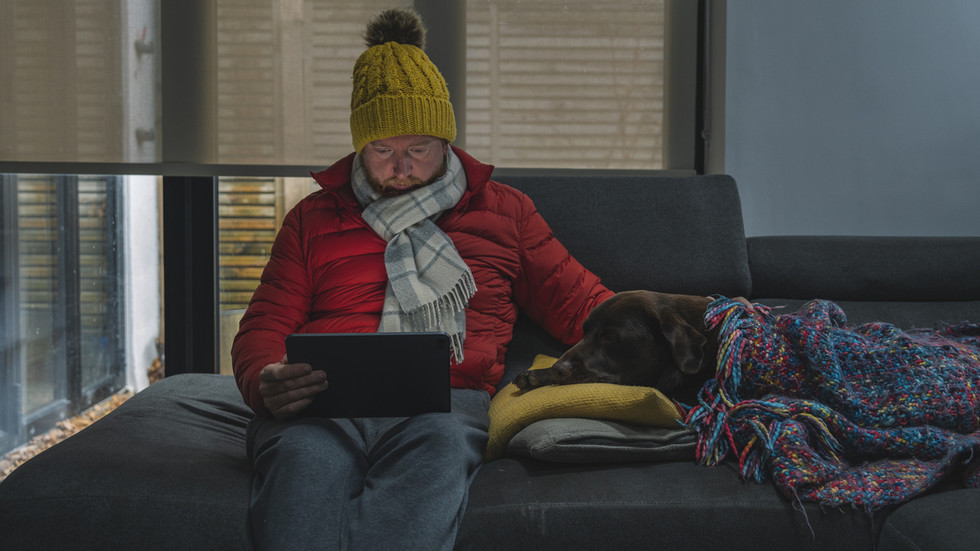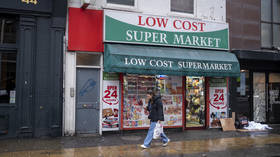
Poor families used “extreme” heating methods that compromised their wellbeing and safety, research has found

© Getty Images/Justin Paget
Growing fuel poverty amid surging energy prices forced many households in the UK to resort to energy rationing over the winter, compromising their health and wellbeing, the government-sponsored Committee on Fuel Poverty said in its report published on Thursday.
According to the study, many households could not afford to heat their homes sufficiently in winter, which led to massive rationing across the UK. To stay warm and save energy, people used “improvised fuels” such as clothes, books and waste as well as alternative means of light such as candles, the report revealed.
The number of people unable to top up their prepayment meters in 2022 was higher than in the previous ten years combined, as some fuel-poor families “self-disconnected,” letting energy meters run out, according to the research.
“The cost of living crisis, and concurrent increases in energy costs, has led to a substantial increase in the number of households in arrears on energy bills, both in gas and electricity,” the report said.

Alternative heating strategies such as the use of electric blankets and hot water bottles became popular among British households.
“Some fuel poor households have resorted to more extreme coping strategies to ration their energy use, compromising their health, wellbeing and, in some cases, safety,” the study said.
As a result, 57% of adults, who reported having used less fuel, felt that having to cut back on heating their home affected their health and wellbeing, researchers wrote.
The report also found out that about 800,000 elderly people left their homes in January 2023 to stay warm elsewhere. Some 60% of adults used less electricity and gas over the past winter, with 43% of those surveyed cutting down on the use of a tumble dryer and 42% using their washing machines less often, the research found.
For more stories on economy & finance visit RT’s business section




